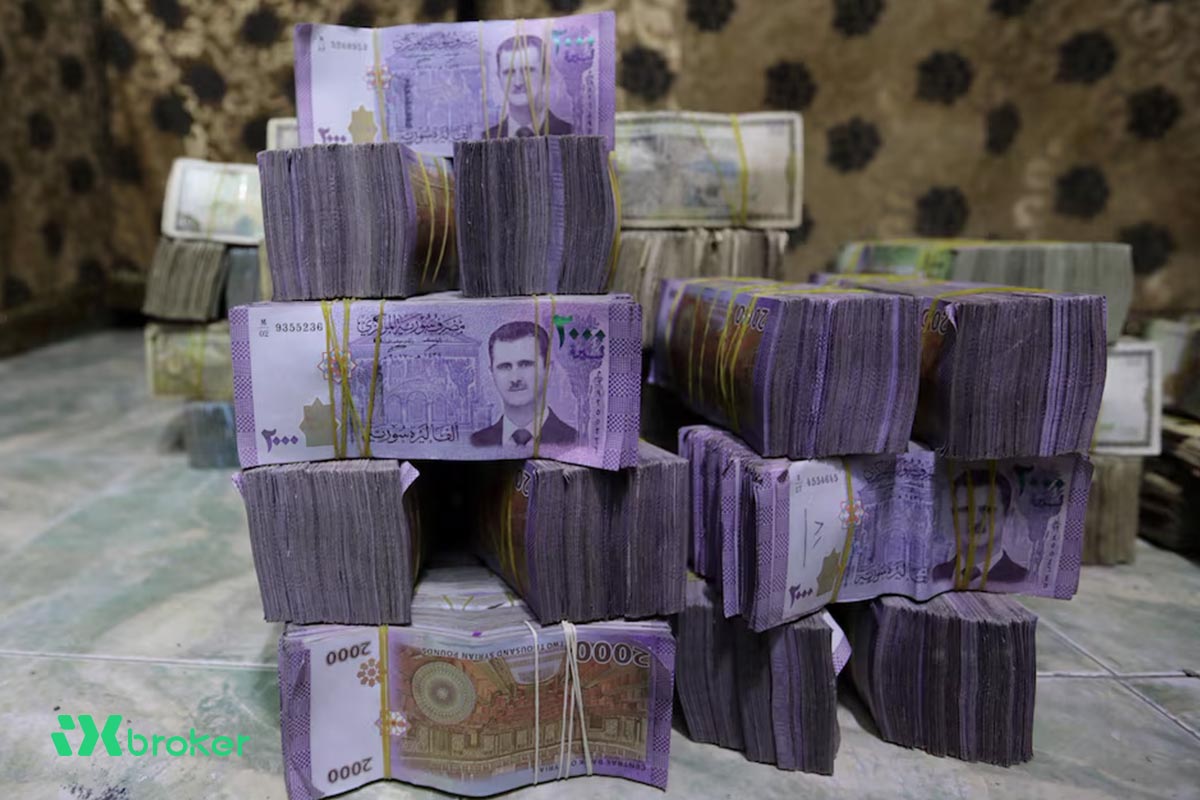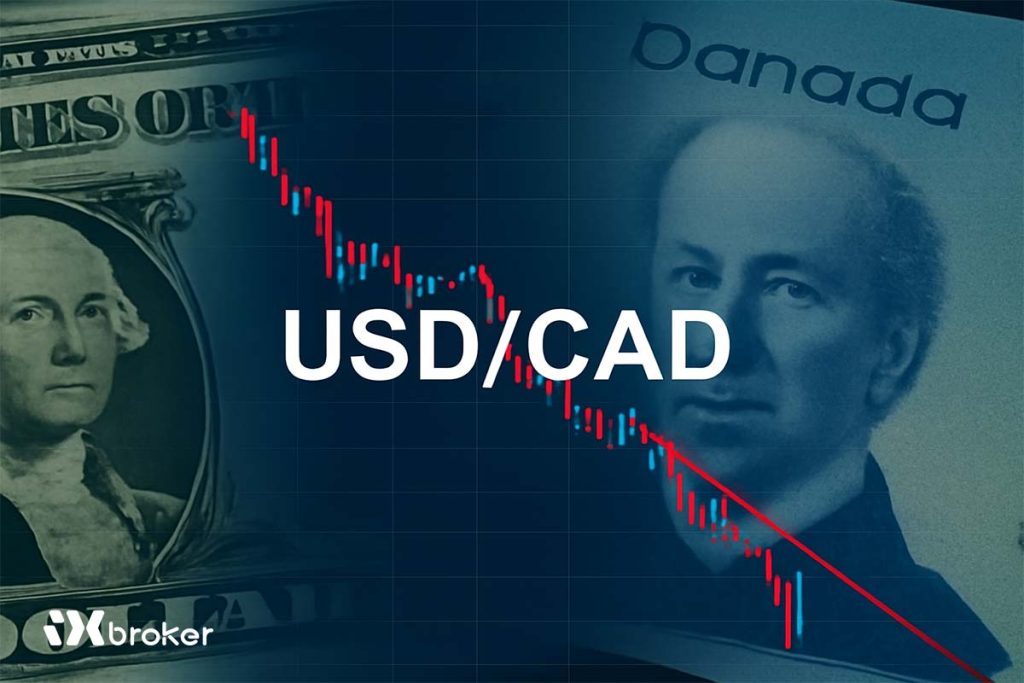Damascus, Aug 22 – Syria is preparing to issue new banknotes that will remove two zeros from the currency in a sweeping effort to restore confidence in the battered Syrian pound, according to multiple banking and government sources.
The move comes as part of a broader fiscal and monetary reform program following the ouster of President Bashar al-Assad in December, which ended a 14-year conflict. The Syrian pound has since collapsed, losing over 99% of its value since 2011.
Central Bank confirms currency overhaul
Syria’s Central Bank Governor Abdelkader Husrieh confirmed the plan, calling it a “strategic pillar” of reform.
“We have formed committees with public and private banks, alongside experts, to prepare for the change,” he told Al Arabiya, describing the new currency as a “necessity.”
The exact timeline remains under review, though commercial banks have been instructed to be ready for implementation by mid-October, with an official launch planned for December 8 – the one-year anniversary of Assad’s downfall.
A 12-month “coexistence period” will allow both the old and new notes to circulate until December 2026.
Why revalue the Pound?
With an exchange rate now hovering around 10,000 pounds to the US dollar (compared with 50 before the war), basic transactions have become impractical. Shoppers often carry plastic bags filled with stacks of 5,000-pound notes – the current highest denomination – just to pay for groceries.
The central bank hopes re-denomination will:
-
Simplify daily transactions and reduce reliance on cumbersome cash handling.
-
Improve oversight of money supply, with an estimated 40 trillion pounds circulating outside the formal banking system.
-
Signal a symbolic political break from Assad’s era, as current notes feature the former president and his father, Hafez al-Assad.
Printing in Russia
According to commercial banking sources, Syria has struck an agreement with Russian state-owned printing firm Goznak to produce the new notes. Goznak has previously printed Syrian currency during the Assad years.
The deal was reportedly finalized during a high-level Syrian delegation’s visit to Moscow in late July.
Political and Economic implications
The revaluation carries both symbolic and practical significance.
Syria’s new leadership has lifted restrictions on foreign currencies in a bid to open the economy. However, the country remains heavily dollarised, with prices for fuel, food, and retail goods often quoted directly in US dollars. This raises concerns that the revalued pound may struggle to gain traction without strong regulatory enforcement.
Economist Karam Shaar, an adviser to the United Nations, said the replacement of Assad-era notes is politically essential but warned of potential risks:
“The revaluation could confuse consumers, especially the elderly, and there is no clear framework for full national implementation,” Shaar noted.
He suggested that issuing larger-denomination notes (20,000 or 50,000 pounds) might have achieved similar results at a lower cost, avoiding what could be a multi-hundred-million-dollar overhaul.
Next steps
The central bank is preparing a nationwide information campaign to explain the transition. Banks have been instructed to upgrade infrastructure, test automated systems, and expand cash-handling capacity ahead of the rollout.
Despite these efforts, questions remain about whether the revaluation will stabilize Syria’s fragile economy – or simply be another costly attempt to manage a currency still under severe pressure.



